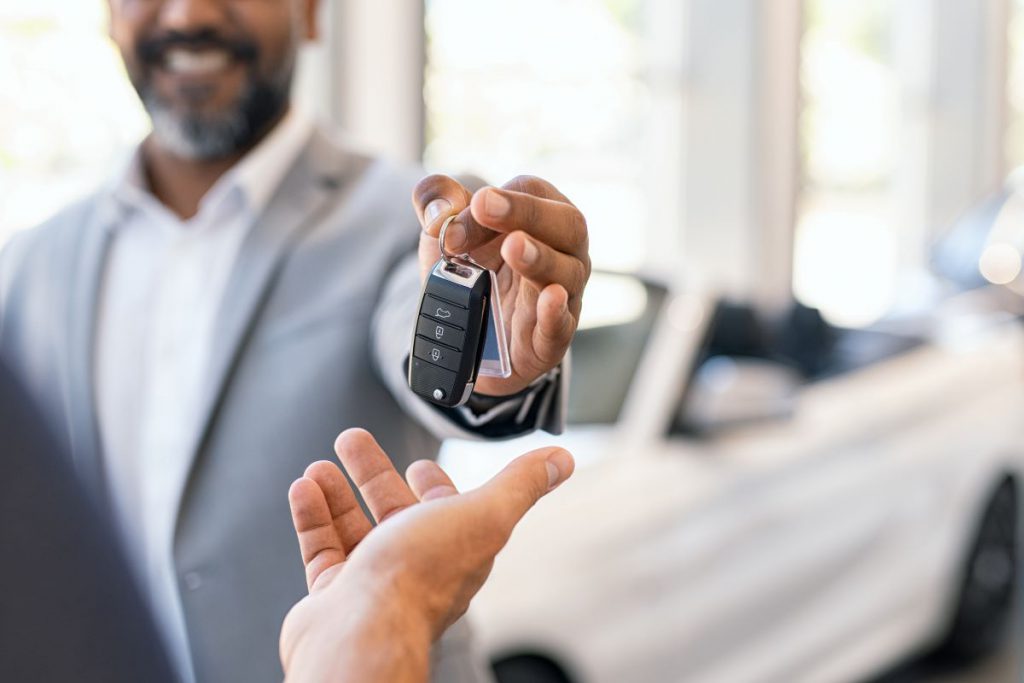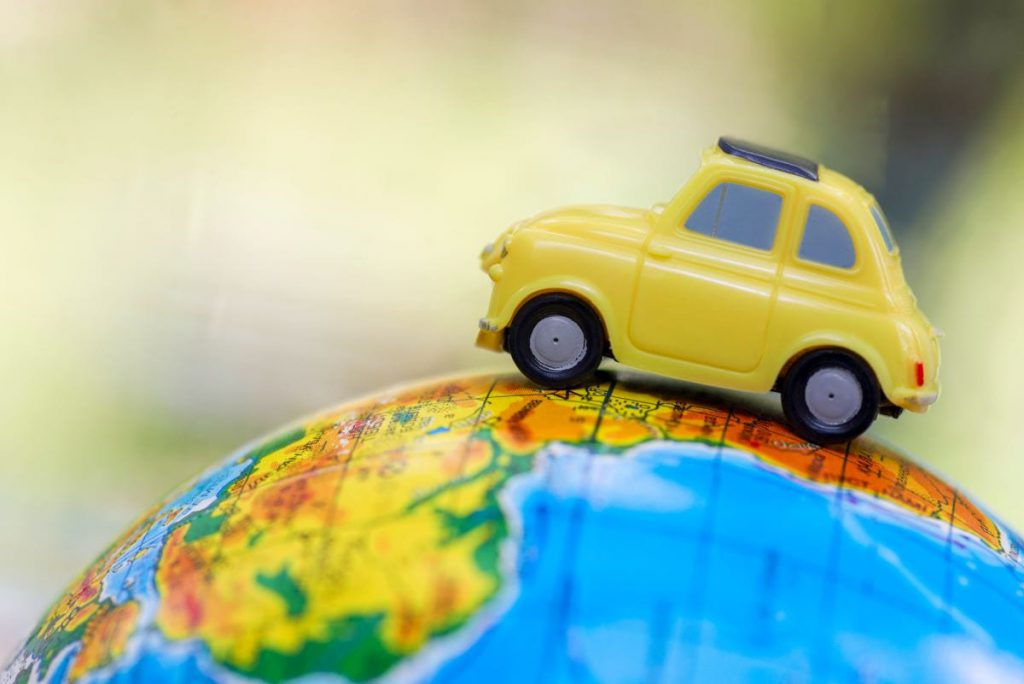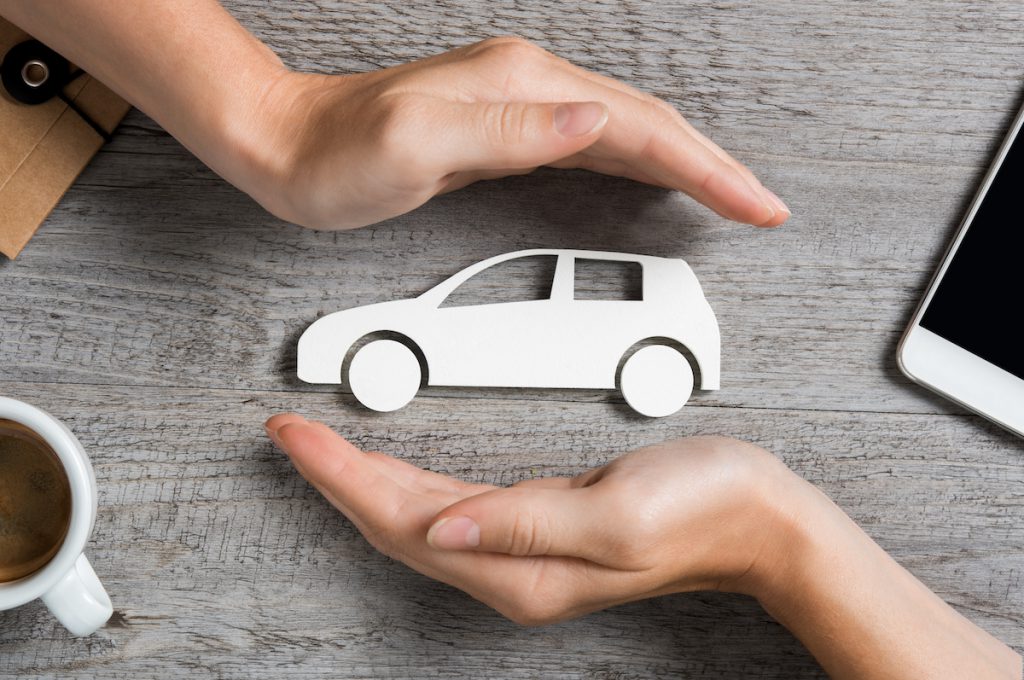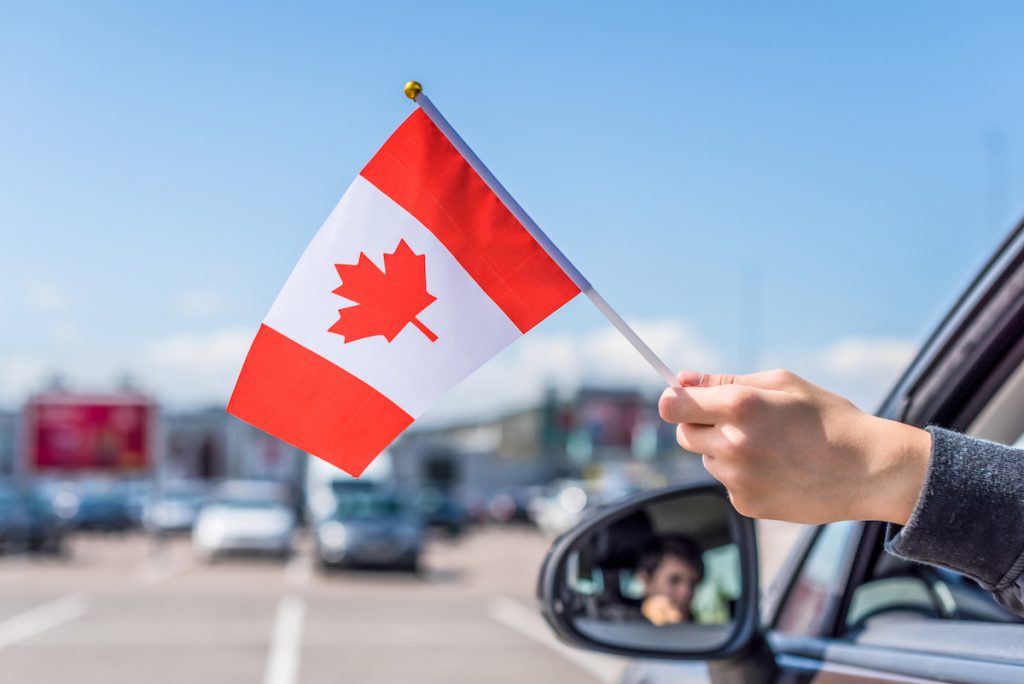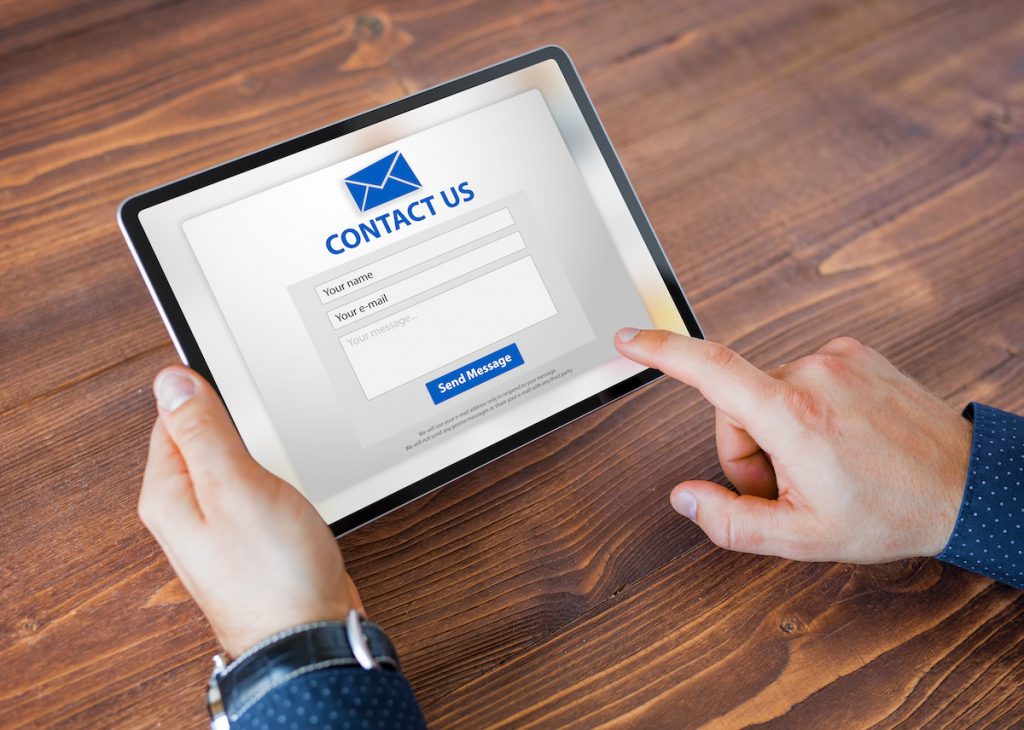Owning a car can offer a lot of freedom, but it may also be quite expensive. From pumping gasoline regularly to paying your car insurance, there’s a number of expenses that should be taken into account at the moment of buying a car in Canada.
Are you interested in a new or used car? Would you like a domestic or imported one? Are you going to pay outright, finance it, or lease it? We suggest you take some time to consider your car must-haves and financial situation to find the right fit for you.
There’s a car for everyone and in this article, we’ll tell you what you need to know to purchase the best car for you in Canada.
WHAT CAR SHOULD I BUY?
Who doesn’t love the smell of a new car? The idea of buying a vehicle that hasn’t been driven before gives people peace of mind. But new cars can be expensive, and they quickly lose around 10% of their value. So, if you are looking for an affordable option, a pre-owned car will be the way to go for you. You could either look up car selling ads in the local newspaper or the Internet; try to find someone you know who is selling their old car; or get in contact with a local car dealer so they can help you find the right fit.
When you are looking to buy a used car, it’s important to do a free VIN check online or pay for a history report. A VIN check will give you basic information about the car (year, make, model, engine, etc.); whereas a vehicle history report will include information about any major accidents or claims the car was involved in, odometer discrepancies, or previous ownership changes. The most well-known companies that offer this service for a fee are CARAFAX Canada, AutoCheck, and VinAudit Canada.
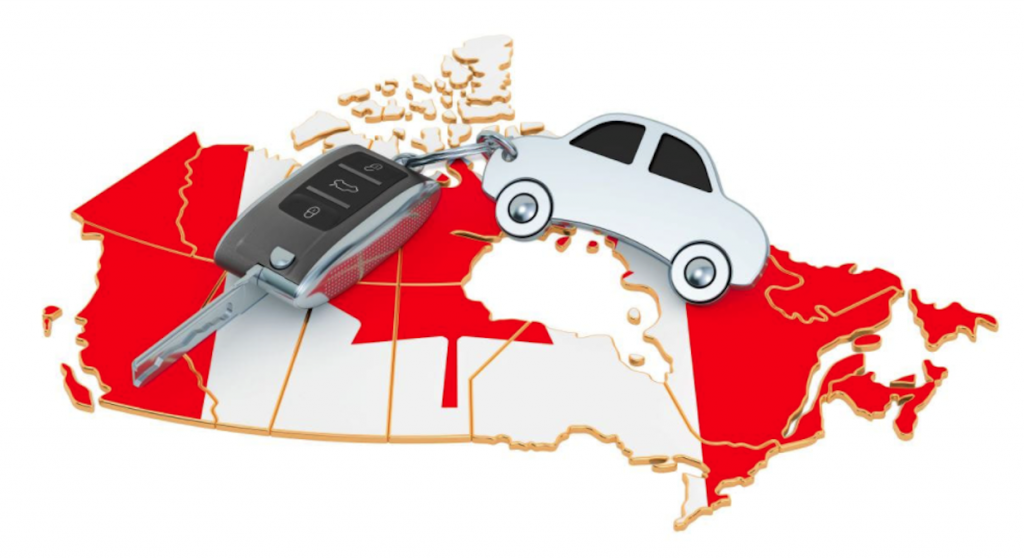
BUYING FROM A PRIVATE PARTY
There are many advantages to buying used cars: they are more affordable, car insurance is cheaper, and unlike new cars, they don’t pose the risk of depreciation (simply because their previous owner took the hit for you).
However, private sales come with their risks too; you never know how reliable the car really is, and not everyone offers people to test the car for a few days after the sale with the promise of a full refund if they are not satisfied. Besides, used cars tend to need more maintenance than new ones, which means you may end up needing to pay for expensive reparations sooner than expected. If possible, have a mechanic or knowledgeable friend have a look at it before buying a used car.
Please note: if you’re purchasing a pre-owned vehicle from a dealership or online retailer, you can ask them to provide the vehicle history report.
In some provinces, if you are buying from a private party, the seller will have to provide you with a Used Vehicle Information Package. It’s a document that contains several details about the car. Check with the Ministry of Transportation in the province/territory where you live whether you need this.
BUYING FROM A CAR DEALER
For a straightforward, stress-free purchase, you may want to visit a car dealership. The price of the used cars may be higher than in private sales, but they guarantee the car will be in good working condition. Dealers offer cars known as Certified pre-owned (CPO), which means they were gently used, perfectly reconditioned, and are warrantied either by the car manufacturers or the dealerships.
If you are looking for a new car, you’ll need to pay car dealerships a visit. Make sure you get a quote from as many of them as possible to compare the prices they offer. Dealers will tell you what the suggested retail price (MSRP) is but remember you can always negotiate. It’s important to bear in mind that the manufacturer’s suggested retail price (MSRP) doesn’t include sales tax or additional dealership fees. You need to consider that you will have to pay between 5% and 9% Goods and Service Tax (GST), depending on whether the car is used or new, and an average of 7% Provincial Sales Tax (PST) on top of that. Check how much your PST is where you live, as rates vary significantly.
A small tip: November is usually the best time to get cheaper cars, as car dealers advertise sales to get rid of “older” inventory. Look out for Boxing Day or Black Friday offers too, as you may find a bargain!
In some places, once you have chosen a car (and just as you do when you buy a house), your car dealer may request a down payment of between 10% and 20% of the car price. Some dealerships may offer the chance to bring a co-signer instead to boost your credit score if you’re taking out a loan to pay for your car.
Once the sale is finalized, you should be given:
- A Certificate of Transaction
- A New Vehicle Description Form (if the vehicle is new)
- A Certificate of Registration (if the vehicle is used)
ADMINISTRATIVE COSTS
As you may have noticed, there are other costs involved in the purchasing of a car in addition to the basic car purchase fee, such as taxes and vehicle registration fees.
Taxes
There are two main kinds of taxes you will need to budget for when you buy a car:
- The Provincial Sales Tax (PST). It is usually 7%, but you can expect to pay anything between 5% to 9% taxes, depending on the province you live in.
- The Goods and Service Tax (GST). It’s a federal tax which rates around 5%.
Vehicle registration
When you buy a vehicle, no matter if it’s new or old, you must register it. You must attend an official registry agent office in the province/territory where you are located, and bring:
- The Certificate of Transaction
- The New Vehicle Description Form
- The Certificate of Registration (if it’s a used car)
- Your driver’s licence
- Proof of ownership of the vehicle, such as a lease, bill of sale, probated will or certificate of administration
- Proof of valid insurance for the vehicle that includes the name of the person(s) applying for registration
- The completed vehicle registration form you were given at the registry office
Registration fees vary depending on how old the car is and where you live. Broadly speaking, they range from $60 to $200. Check how much fees are where you live before you buy the car so you can budget for it. Know that you have between 6 and 30 days to register your car depending on the province/territory you live in. Car registrations in some places, like Alberta, are valid for a maximum of two years.
We hope this article has helped you understand the expenses associated with purchasing a vehicle and we wish you the best of luck with your car search!
